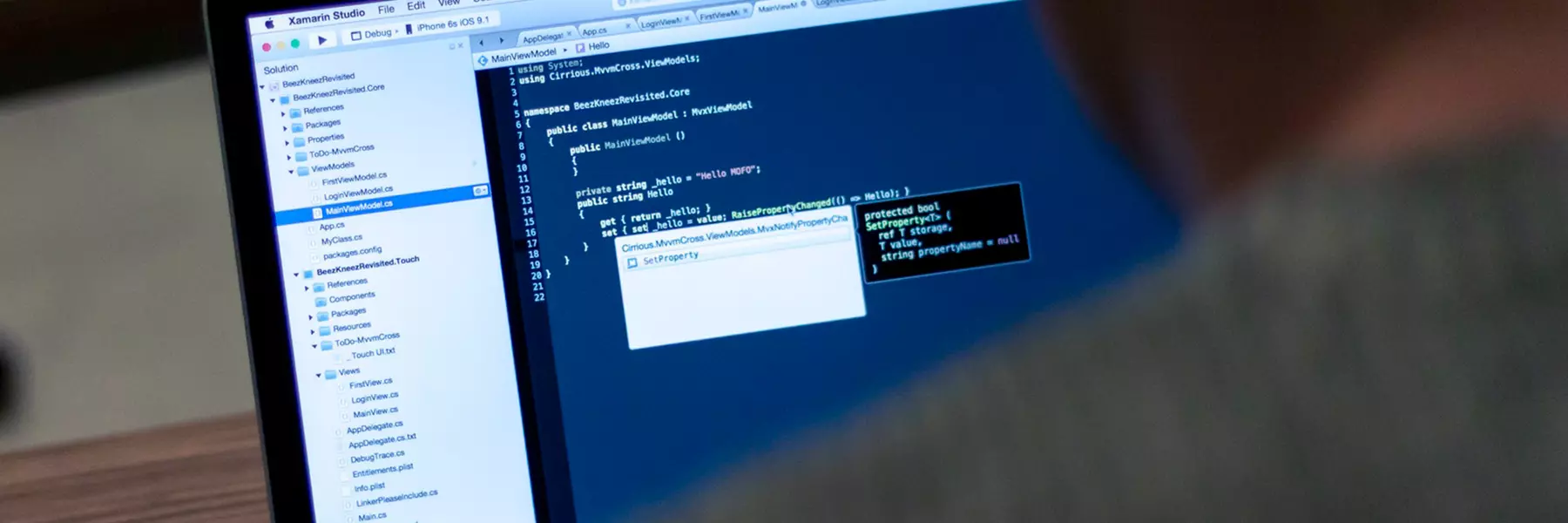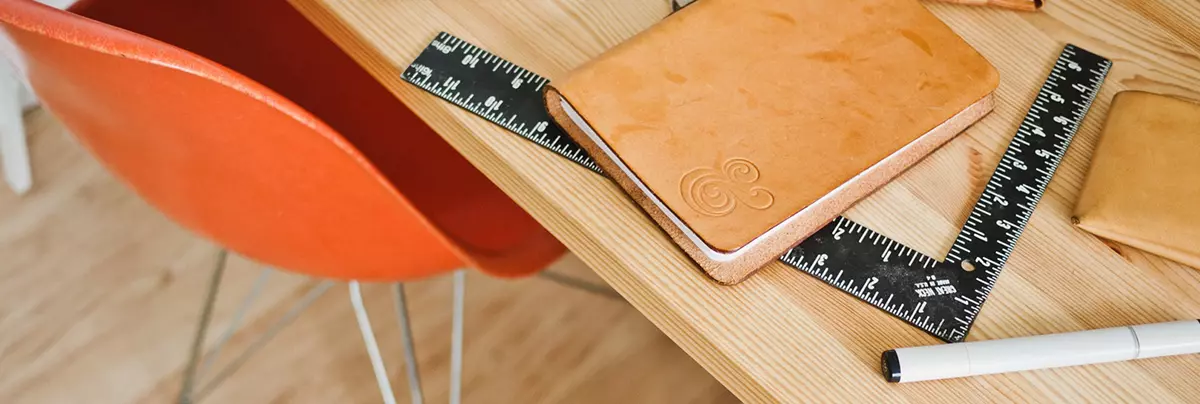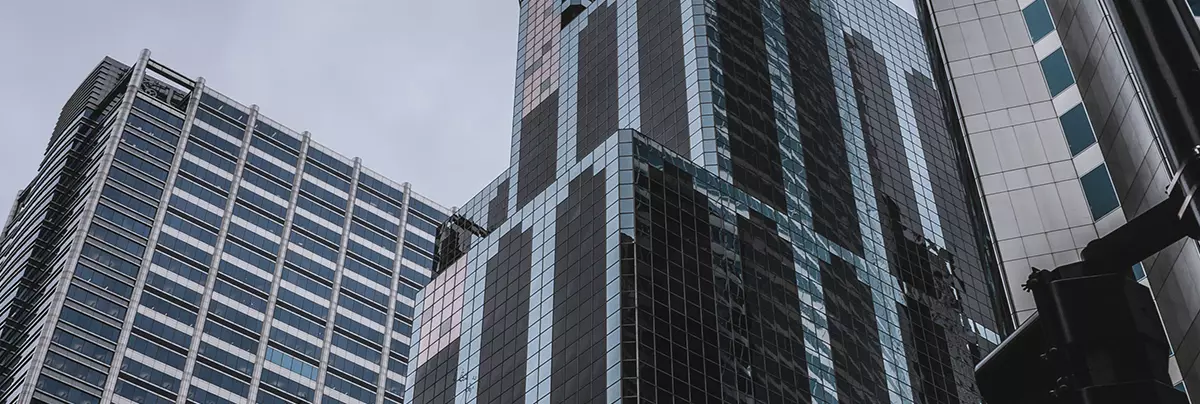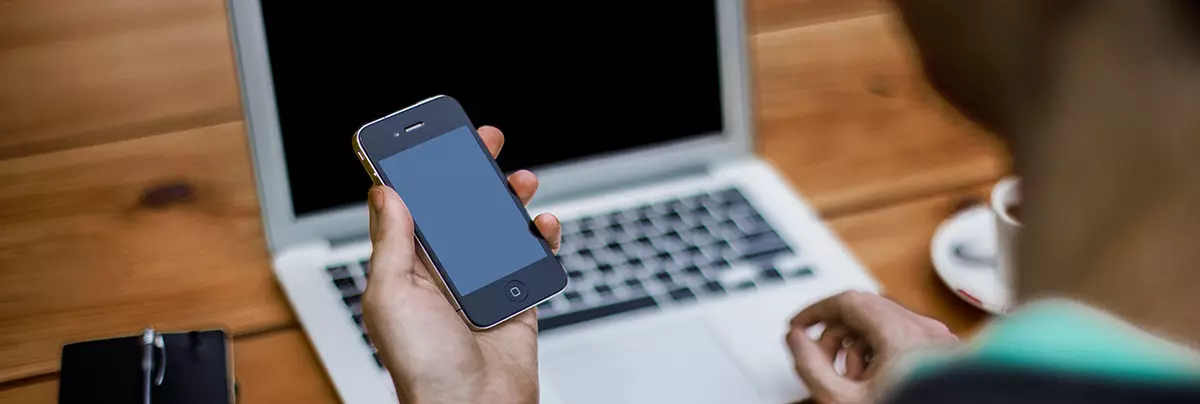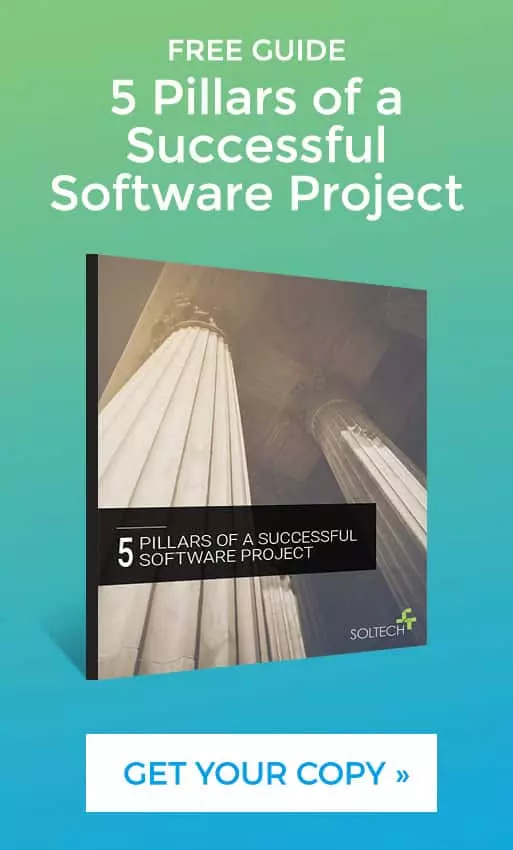
How Do You Protect Your App Idea? A Guide to Software as Intellectual Property
By SOLTECH
“How do I protect an app idea?” This is a question that we frequently get asked by our clients who are in the process of developing software. It is understandable that before you make an investment of your time and money for a web or mobile app, that you would want to know upfront how to protect that app idea.
While we are not lawyers, in this article we explain some of the main concepts and approaches so you can become familiar with the terms and options for claiming your software as intellectual property. This guide is designed to give you a good foundation so you can make an informed decision on what’s right for you and your company.
Idea vs. Invention
There is a difference between an idea and an invention when it comes to deciding how to protect an app idea. While there are ways you can protect your idea from being stolen before you write your application, which we will discuss below, you will have more ability to protect your idea once it is developed.
Non-Disclosure Agreements
The first step in protecting your app idea is limiting who you share it with. If you are concerned that your idea might get stolen and developed before you can take it to market, then the fewer people you disclose it to, the better.
When you do share your idea, ask the individuals or company you are working with to sign a Non-Disclosure agreement (NDA). This is a key step in protecting any app or software ideas. An NDA is an agreement to protect trade secrets and other confidential information such as schematics, design documents, requirements documents, and pricing.
By signing an NDA, the participants promise not to divulge or release information shared between them. If the information is leaked, the injured party can claim a breach of contract.
If you would like to see a sample NDA, you can download a copy of our NDA here.
Code Ownership
One of the most important ways to protect an app idea is to make sure you have ownership of your software. This can make all the difference when claiming the software as intellectual property. If you hire a third party to develop the software on your behalf, make sure your contract assigns all rights to you. This includes any documentation produced during the design and development process as well as all code written.
Another thing to watch out for are the tools, platforms, and technologies your software vendor is using. If your software vendor is using a 3rd party tool or platform to build your application, make sure you have the right to license and use all 3rd party technologies if you ever decide to no longer work with your software vendor. Without this, you may struggle to find ways to protect your app idea.
Next, let’s analyze the importance of copyrights vs. patents.
Copyrights
A copyright is a law that gives a creator ownership over the things they create. It could be a painting, a photograph, or even software. The copyright law is what assures your ownership of the software as intellectual property.
A copyright goes into effect as soon as you start creating your work. While you do not need to do anything special to claim a copyright, in order to sue for infringement, you will need to have a federally registered copyright. It is a fairly inexpensive process and one you may consider as a matter of course.
Patents
Now, what makes a patent different than a copyright when deciding how to protect your app idea? Once you have an invention, you can then look into a patent. A patent grants a set of exclusive rights to an inventor or assignee for a limited period of time in exchange for providing a detailed disclosure of the invention to the public.
The two different types of patents are a utility patent and a design patent. A utility patent is for anyone who invents a useful process, machine, item that is manufactured, or a new and useful improvement for one of those previously mentioned things. If your invention has a unique visual appearance then you can consider a design patent.
To be eligible for patent protection for your software, your invention needs to meet several criteria like being useful, novel, and non-obvious. The explanations of the criteria for a patent application are complex and complicated. We recommend that you contact an intellectual property specialist who is familiar with both technical and legal matters if you believe a patent makes sense for your software.
Trade Secrets
Another option when deciding how to protect your app idea is a trade secret. This is any formula, pattern, device, process, or mechanism with commercial value that is not generally known or discoverable by others. It is maintained as a secret by its owners and if it were revealed, would give its competitors an advantage.
A trade secret is protected without any formal registration and can last forever as long as its owners use reasonable efforts to keep it a secret and someone doesn’t independently discover it.
Whereas a copyright or patent can be infringed upon, trade secrets are subject to theft.
Trademarks
A trademark is a word, phrase, symbol, design, or combination of these three that identifies the source of goods of one party from another.
With regards to creating and protecting your app idea, it is important to research your company’s or product’s name, logo, design, etc. to see if it might be infringing on someone else’s trademark.
Out of the gate, it is more likely that you will infringe on someone else’s trademark than it is that they will infringe on yours. By researching ahead of time, you can know up front rather than later so you don’t have to re-brand and market your application after the fact.
Once you have done the research, you may decide to register trademarks for your own company or product.
Conclusion
Creating a new software product is exciting. However, deciding how to protect your app idea is a crucial step. If you are concerned about protecting your idea during and after your product creation, consult with an expert who can help you decide if claiming the software as intellectual property is the right step.
If you have any questions about protecting your app idea or need help bringing that idea to life, don’t hesitate to reach out to our team. You can also read our checklist below to get a better picture of what you’ll need during a software project.
FAQs
What is the difference between a copyright and a patent?
Understanding copyrights vs. patents is an important part of deciding how to protect your app idea. Copyrights protect original works, granting the creator control over reproduction and distribution, while patents protect new inventions, granting the inventor exclusive rights to make, use, or sell the invention for a limited time.
Can software be patented?
Software-related inventions, such as apps, can be protected by patents. The developer will need to prove that the software is novel, non-obvious, and useful.
How can I copyright an app idea?
While you might not be able to copyright the idea of an app, you can copyright the original code, design elements, and even written content of the app once they’re created.



